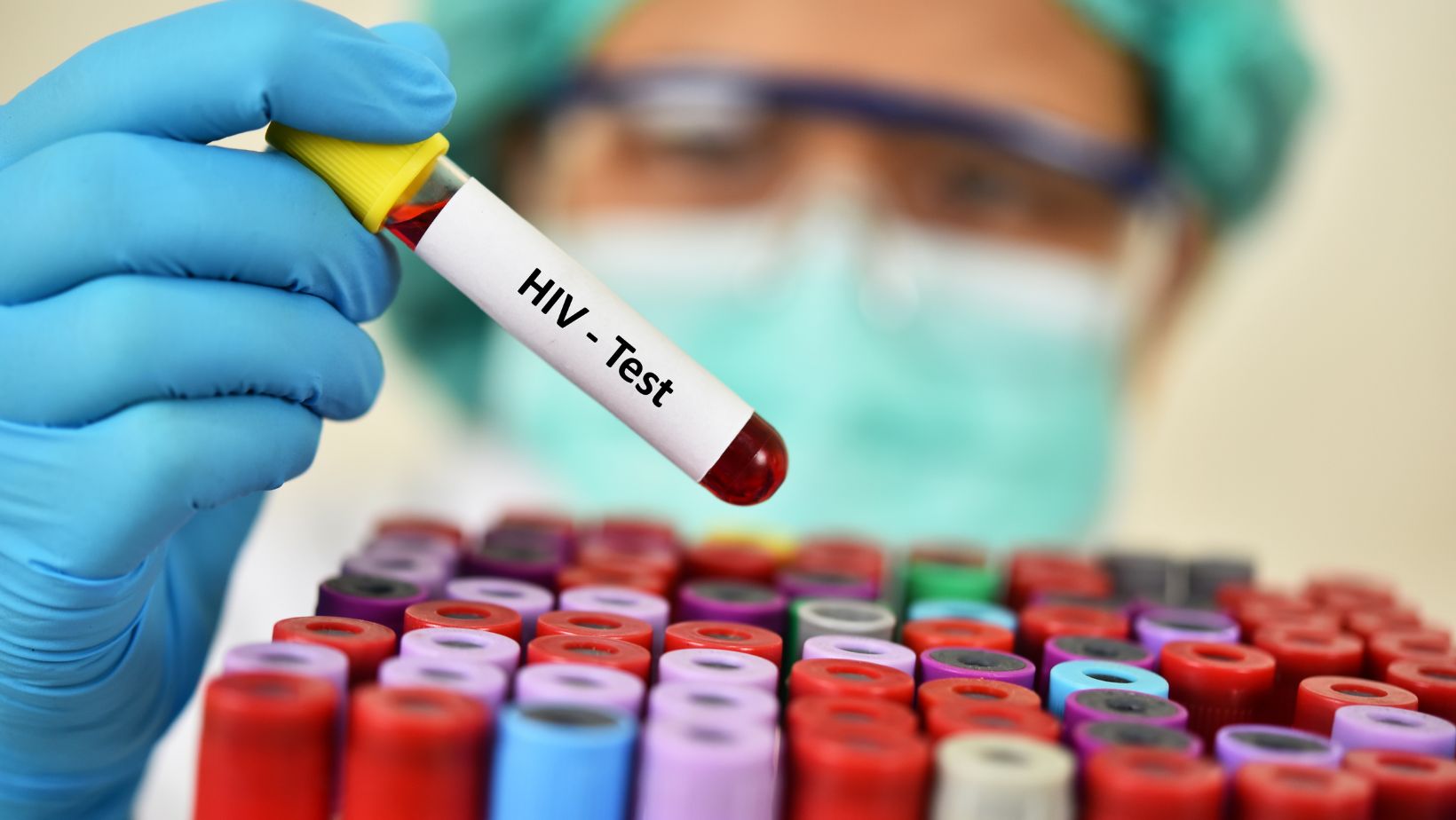Record Number of Foreigners Among 133 New HIV Cases Detected in Czechia
Prague Morning

In the first half of this year, the Czech Republic recorded 133 new cases of HIV infection, showing a decrease of 19 cases compared to the previous year.
According to the State Institute of Health’s National Reference Laboratory (NRL) for HIV/AIDS, the ongoing conflict in Ukraine continues to significantly impact the situation.
Among these new cases, 75 involved foreigners with long-term residence in the Czech Republic, while the remaining 58 cases were Czech citizens. Testing plays a very crucial role in fighting the battle with the disease and now with the availability of rapid hiv test kit, testing has become very easy.
The proportion of foreigners among the new cases reached 56.4 per cent, marking the second-highest level ever recorded during a six-month monitoring period.
The NRL stated in a press release that a significant contribution to these numbers comes from Ukrainians without refugee status (39 persons). Over the past decade, the number of newly surveyed residents has been rising in the first six months, while the number of Czech citizens with new cases has decreased significantly from a peak of 118 in 2016 to 58 in 2023. Out of the 133 new cases, 110 were men and 23 were women.
The NRL also clarified that data on HIV-positive refugees from Ukraine residing in the Czech Republic under temporary protection status are tracked separately from Czech citizens and foreigners with long-term residence.
As of the end of June this year, a total of 670 HIV-positive refugees from Ukraine were registered, including 92 new cases in 2023. Most of these refugees were already aware of their HIV positivity and were receiving treatment in Ukraine before applying for continuity of treatment in the Czech Republic.
The NRL pointed out that most of the newly reported cases resided in the Prague area (40.6 percent) and the South Moravian Region (15.8 percent).
HIV primarily attacks lymphocytes, which are essential for immunity, leading to a rapid drop in their numbers within about six weeks after infection. While there is an initial improvement, a gradual decline in these white blood cells can take up to eight years.
Subsequently, AIDS usually develops, and without treatment, patients die within a few years. However, modern drugs now allow those infected to manage the disease’s progression effectively. Infected individuals can live a normal life, including a sexual life, without the risk of infecting their partners.
Since monitoring began in 1985 until the end of June this year, the Czech Republic has confirmed a total of 4,499 cases of HIV infection, with 849 cases progressing to AIDS.
-
NEWSLETTER
Subscribe for our daily news









